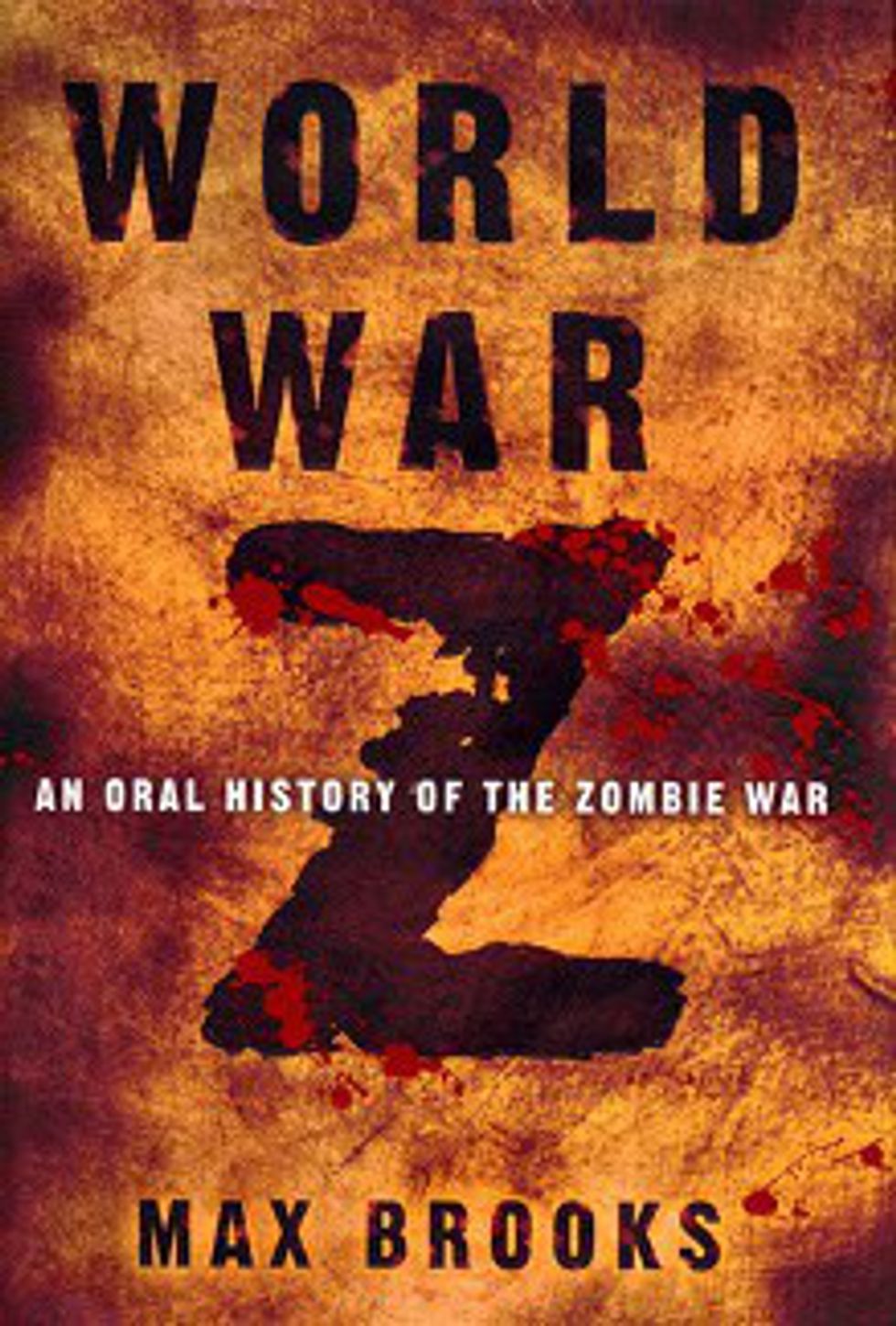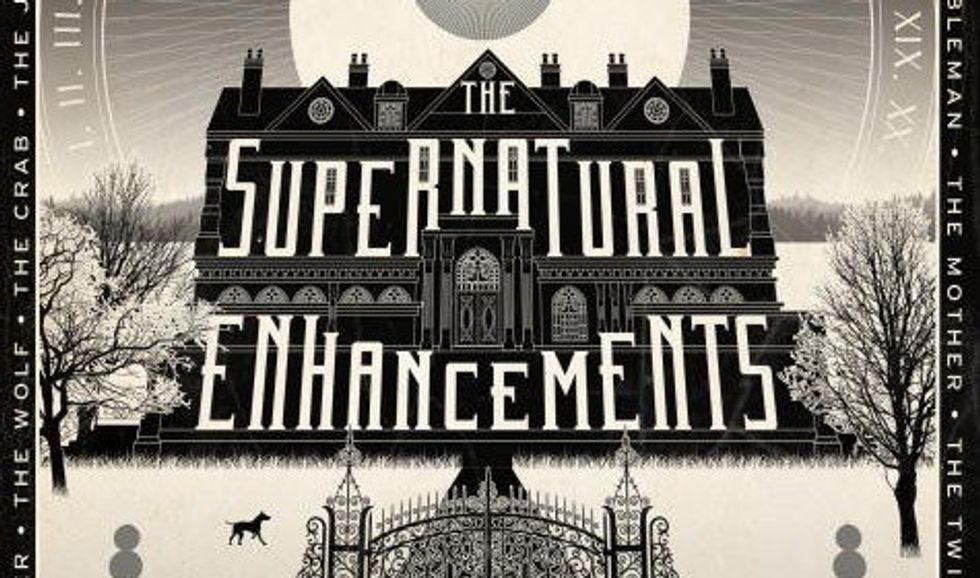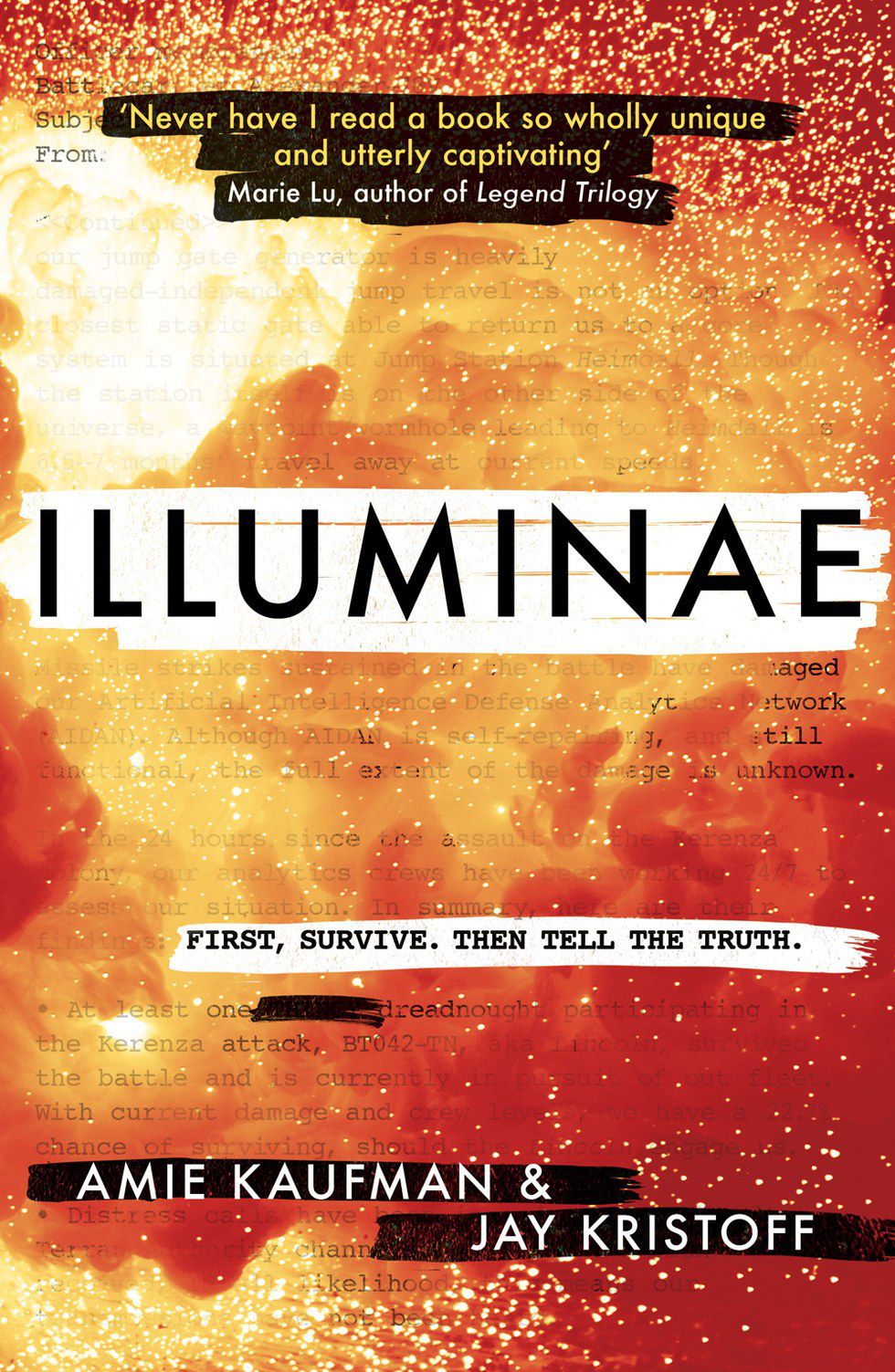With the cold and snow outside driving you indoors, it is finally time to make a dent in that reading list you've been meaning to knock out -- but you just don't have the patience for those long passages of unbroken prose that make every page look exactly like the last. If that doesn't put you to sleep, you have to turn back and reread each paragraph over and over in order to absorb anything!
What you need is a book that can mix things up a little -- a new form, a different method of storytelling. What you need is the epistolary novel! Epistolary novels are books that tell a story through found documents instead of prose -- like diaries, newspaper clippings, emails, or even transcribed audios. This form of narrative is great for genres like mystery, science fiction, and horror, given the strength of the epistolary is to make the story more "tangible" or "real" through these interactive documents.
Here is a list of classic and contemporary epistolary novels that you should include on your winter reading list this year.
"Frankenstein," by Mary Shelley
Out of Shelley's dreams comes the tale of Frankenstein, the scientist that took his work too far. This classic is told in a framing narrative from the letter correspondences between Captain Robert Walton and his sister after stumbling upon Dr. Frankenstein in the frozen wastes of the Arctic.
"Carrie," by Stephen King
King's first and most famous novel, "Carrie," is a terrifying story that will leave you relieved that your high school experience was not nearly so eventful or tragic. Newspaper articles and diary entries are the main form of narration.
"Bridget Jones' Diary," by Helen Fielding
Thirty-something Bridget Jones writes in her diary about the struggles of getting older, attempting to self-improve, and being tragically single. Her true-to-life narration comes in the form of sarcastic rambles and earnest bulleted lists of things she needs to do.
"World War Z: An Oral History of the Zombie War," by Max Brooks
After the zombie apocalypse, Max Brooks explores the world left behind and records interviews with survivors that tell their story of the spread of the virus that nearly destroyed humanity.
"The Martian," by Andy Weir
An astronaut must survive more than a year on Mars after he is accidentally left on the planet by his team. His struggle for survival is recorded in daily log books and video recordings that he makes to help keep himself sane when he thinks he has been left for dead.
"The Curious Incident of the Dog in the Night-Time," by Mark Haddon
Fifteen-year-old Christopher is on a mission to solve the murder of his neighbor's dog. His favorite book character and idol, Sherlock Holmes, is Christopher's inspiration and drive to put this mystery to rest. The novel can partly be considered epistolary given Christopher's personal quirks and speculated Asperger's syndrome, which manifest in ways like chapter labeling in prime numbers.
"The Supernatural Enhancements," by Edgar Cantero
This book is a creepy tale of distant relatives inheriting a haunted house. The opening of the book declares that the book is composed of a collection of documents with footnotes from the author that are otherwise unedited. Also, the first page is missing ...
"Fan Mail," by Ronald Munson
This mystery thriller is told entirely through faxes, emails, memos, and phone messages of a popular TV anchorwoman as she tries to discover the identity of her twisted stalker, The Watcher.
"Dracula," by Bram Stoker
The classic vampire tale that will chill you to the bone -- there are no sparkling vegetarians here. Dracula is the straight-up disgusting undead creature that you should definitely be afraid of. This story is completely epistolary, with each narrating character telling the story in a unique way, from letters and newspaper clips to phonograph recordings.
"Illuminae," by Amie Kaufman and Jay Kristoff
This sci-fi thriller takes place in the future where planets are owned by mega corporations and a war in space is about to break out. It's truly a feat in creative storytelling, as the entire narrative is presented in found documents, with the extra dimension of redacted vital information. It's a space mystery!
























